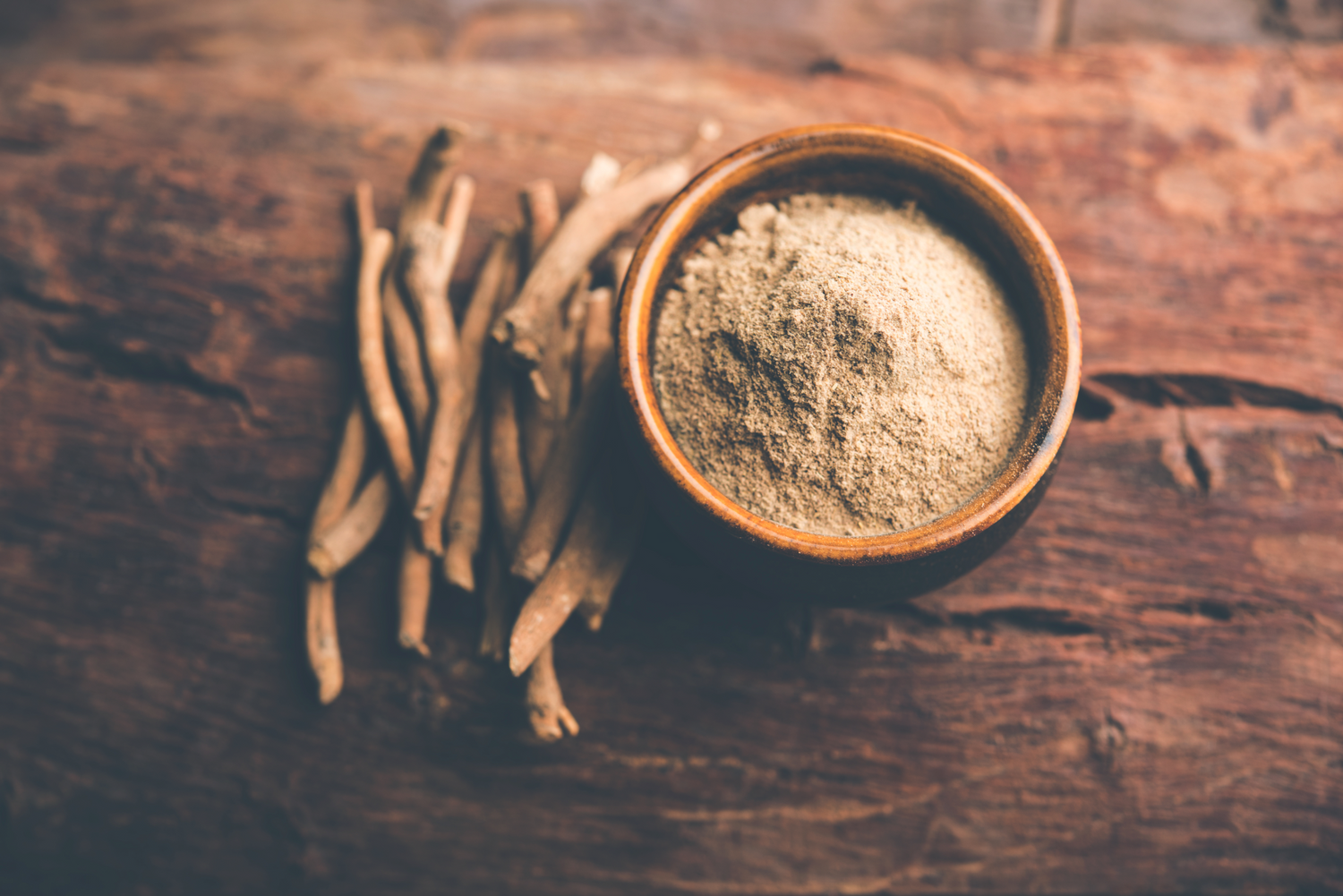Metabolic Health Support for Women with PCOS: The Science Behind Green Tea Extract and Complementary Nutrients
Polycystic Ovary Syndrome (PCOS) is a complex condition that can involve both hormonal and metabolic factors. Many individuals with PCOS face challenges with insulin sensitivity, weight management, and maintaining balanced blood sugar levels. Improving metabolic health may also influence other areas of PCOS, such as menstrual patterns and certain hormone levels.
While lifestyle habits remain central to PCOS management, some nutrients have been studied for their potential to support healthy metabolic function. One of these is a standardized green tea extract formulated to improve absorption of its key plant compounds. This article reviews the research on green tea extract and other nutrients, such as chromium, berberine, and alpha-lipoic acid, based on published studies.
Note: WrenLife does not currently offer products containing the ingredients discussed. This article is for educational purposes only.
Green Tea Catechins and PCOS Metabolic Health
Green tea leaves contain catechins, including epigallocatechin gallate (EGCG), which have been researched for their possible roles in supporting metabolism, healthy weight management, and antioxidant activity.
Some clinical studies in women with PCOS have reported that green tea extract supplementation was associated with changes in fasting insulin, HOMA-IR (a marker of insulin resistance), body weight, and waist circumference compared to placebo.³ ⁴
Proposed mechanisms include:
-
Thermogenesis – Catechins may increase energy expenditure and fat oxidation by influencing norepinephrine activity.¹ ²
-
Insulin sensitivity – Catechins may help support healthy insulin function and promote stable blood sugar levels.
Even modest weight loss of about 5–10% of body weight has been linked to improved menstrual regularity and certain symptoms in PCOS, making metabolic support a potentially valuable part of a broader wellness plan.
Improving Catechin Absorption
Although green tea catechins are bioactive, their absorption can be limited in the digestive tract. Specialized formulations that combine green tea extract with phospholipids have been developed to help improve catechin bioavailability.
Research has found:
-
Enhanced-absorption forms can increase EGCG uptake compared to standard green tea extract.⁵
-
In one 90-day clinical trial with overweight participants on a calorie-restricted diet, those taking an enhanced-absorption green tea extract lost more weight and saw greater improvements in BMI, waist circumference, and lipid profiles than the diet-only group.¹
-
Some studies have also investigated green tea extract combined with black pepper extract for weight maintenance after weight loss.²
For those sensitive to caffeine, decaffeinated options provide catechins without stimulant effects.
Complementary Nutrients Studied in PCOS
Other nutrients have been researched for their potential to complement the metabolic effects of green tea extract:
Chromium (as Chromium Picolinate)
-
Plays a role in normal insulin function and carbohydrate metabolism.
-
In an 8-week trial, 200 µg/day of chromium picolinate was associated with improved fasting insulin and HOMA-IR scores in women with PCOS compared to placebo.⁶
Berberine
-
Plant alkaloid studied for its potential effects on glucose metabolism, lipid balance, and reproductive hormones.
-
A review of clinical trials found berberine supplementation in women with PCOS was linked to improvements in fasting glucose, lipid profiles, and certain hormone measures.⁷
-
Specialized berberine-phospholipid complexes have been developed to improve absorption.
Alpha-Lipoic Acid (ALA)
-
An antioxidant and mitochondrial cofactor studied for its potential role in supporting insulin sensitivity and reducing oxidative stress.
-
A 2022 review reported significant reductions in fasting glucose and improvements in HOMA-IR in women with PCOS who supplemented with ALA.⁸
Key Takeaways
Green tea extract in an enhanced-absorption form may support metabolic health by influencing factors such as weight, waist circumference, insulin sensitivity, and lipid balance. Complementary nutrients like chromium, berberine, and alpha-lipoic acid have also been studied for their potential to support related metabolic pathways.
While these nutrients show promise in research settings, they should be considered as part of a balanced approach that includes healthy eating, regular physical activity, and guidance from a qualified healthcare professional.
Disclaimer: This content is for educational purposes only and is not intended to diagnose, treat, cure, or prevent any disease. WrenLife does not currently sell products containing the ingredients discussed. Always consult a qualified healthcare provider before starting any new dietary supplement.
References
-
Di Pierro, Francesco, et al. “GreenSelect Phytosome as an Adjunct to a Low-Calorie Diet for Treatment of Obesity: A Clinical Trial.” Alternative Medicine Review, vol. 14, no. 2, 2009, pp. 154–160.
-
Belcaro, Gianni, et al. “Greenselect Phytosome for Borderline Metabolic Syndrome.” Evidence-Based Complementary and Alternative Medicine, 2013, Article ID 869061.
-
Tehrani, H. G., et al. “Effect of Green Tea on Metabolic and Hormonal Aspects of Polycystic Ovarian Syndrome in Overweight and Obese Women: A Clinical Trial.” Journal of Education and Health Promotion, vol. 6, 2017, p. 36.
-
Allahdadian, M., et al. “Exploring the Effect of Green Tea on Weight Loss and Serum Hormone Levels in Overweight and Obese Patients with Polycystic Ovary Syndrome.” Avicenna Journal of Clinical Medicine, vol. 22, 2015, pp. 16–22.
-
Mombaini, E., et al. “The Impact of Green Tea Supplementation on Anthropometric Indices and Inflammatory Cytokines in Women with Polycystic Ovary Syndrome.” Phytotherapy Research, vol. 31, no. 5, 2017, pp. 747–754.
-
Jamilian, Mehri, and Zatollah Asemi. “Chromium Supplementation and the Effects on Metabolic Status in Women with Polycystic Ovary Syndrome: A Randomized, Double-Blind, Placebo-Controlled Trial.” Annals of Nutrition and Metabolism, vol. 67, no. 1, 2015, pp. 42–48.
-
Xie, Lei, et al. “The Effect of Berberine on Reproduction and Metabolism in Women with Polycystic Ovary Syndrome: A Systematic Review and Meta-Analysis of Randomized Controlled Trials.” Evidence-Based Complementary and Alternative Medicine, 2019, Article ID 7918631.
-
Salama, Khaled F., et al. “Alpha Lipoic Acid Efficacy in PCOS Treatment: What Is the Truth?” European Review for Medical and Pharmacological Sciences, vol. 26, no. 8, 2022, pp. 2912–2915.




